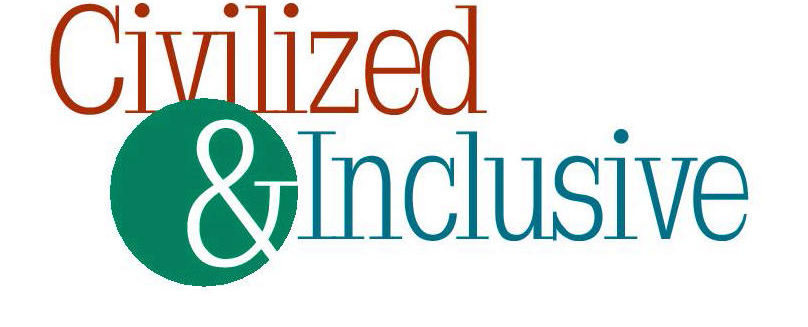We know pretty much what our politics is like today. Mean, dirty, innuendo laden, where it is even legal to lie in commercials. Winner take all competitive without needing to take into account the 49.9% of the population who might not have voted for you or your party’s ideas. In effect, we have developed the tyranny of the majority except that because of money, and disaffection from the political process by so many citizens, it is in reality a tyranny of the few.
Our system’s dialogue has devolved into sound bites for media consumption, with many candidates not even capable of complete sentence structure, let alone being able to elucidate what their positions on different policies and areas of government involvement might be. This leads to voters trying to make decisions in a virtual vacuum when picking one candidate over another. In many respects this problem is rendered moot because we don’t have ‘Three Strikes Your Out’ in politics. If we did have this in politics, we could throw an office holder out when we could show that he/she lied about what was stated in the campaign and what ultimately that person voted for once in office. This is an accountability sorely lacking in our current political climate.
What would a ‘Civilized and Inclusive’ politics be like? Civilized and its derivatives are defined and characterized in the following manner:
courteous; ordinarily polite; of court like manners; civil; polite; courtly politeness; a favor performed with politeness; an expression of respect; polished; refined; cultivated; commonly implies thoughtfulness and politeness; deferential; deference; courteous or complaisant regard for another’s wishes; expressing or given to deference; respectful; respect; to consider worthy of esteem; hence, to refrain from obtruding upon, as a persons privacy; to be concerned with; to consider; act of noticing with attention; regard; consideration.
Inclusive: include; to comprehend or comprise, as the whole comprises a part; contain; embrace; including or tending to include; to consist of or be made up of; embrace; to receive readily; to welcome; to include as parts of a whole; to take in.
In short, ‘Civilized and Inclusive’ politics would be a respectful process among people to identify the best directions for a society to proceed which take the welfare of all its citizens into account.
The second part of the title, ‘Policies and Politics for Humans’ outlines two distinct areas. The ‘Policies’ and/or ‘Programs’ speak for themselves and make up Chapters 4 and 5.
‘Politics for Humans’ is multifaceted. The politics in ‘Politics for Humans’ is inherent within the text and will become apparent to you as you go through the book. Separately, ‘Politics for Humans’ also speaks directly to those things that exist in today’s political realm which, if humans are again to control the process, must be eliminated. Specifically I am speaking of money, corporations, and, religious moral and ethical systems.
Like it or not, the political realm is where we make our national decisions. Because money and corporate interests now control our politics, and because the Supreme Court has concluded both that ‘money is free speech’, and that ‘corporations are people’, those two rulings must be changed in order to have true campaign finance reform, and to be able to regulate politics in a way which will once again give ascendancy and meaning to ‘one human, one vote’.
People created myths in order to explain that which to them were mysteries. Myths evolved into religions. Religions evolved value systems. Those systems evolved a separate and sufficient reality no longer dependent on their human originators, and further, became the ultimate repository and arbiter of human values. We ended up with a mythological creation completely separate from humans and human action telling us what our values are to be and how they are to be acted out. Because of that, we now live with the absurd position that ‘God’ can be on our side in a war of killing people. Or, the even more absurd position, that ‘God’ can be on both sides of a war of killing people.
I assume that everyone would agree that someone coming up to you and killing you is bad. We can start with that assumption in creating a human value system which is self-evident. And, if we pay attention, we can see the human value system that operates all around us already. We don’t need value systems not of the human realm. We don’t need high priests interpreting what is good or bad. And, we certainly don’t need absurdities like ‘God’ justifying killing anyone. We as humans, on human grounds, are capable of figuring out what is good or bad for a person, or group of people.
A human based value system will be discussed specifically in later areas of this book, but it will also be inherent in much of the writing. As you read, that value system should become obvious to you even though it may be buried in context.
